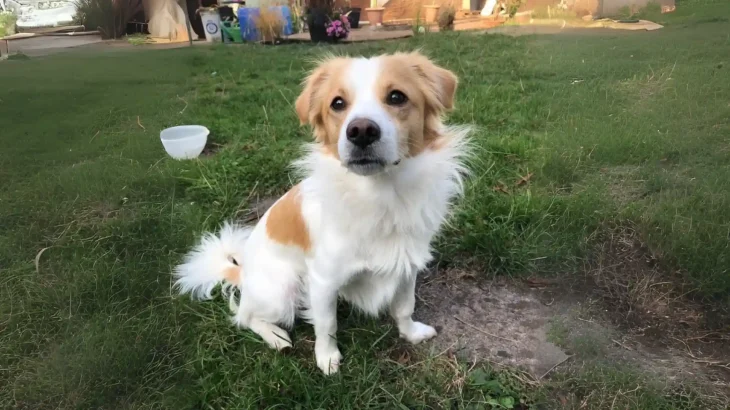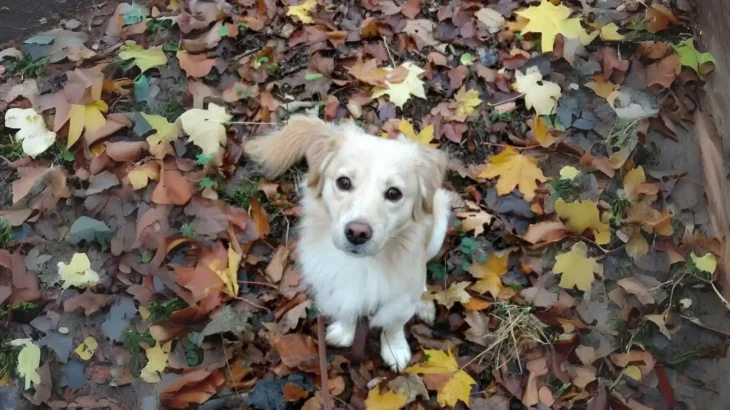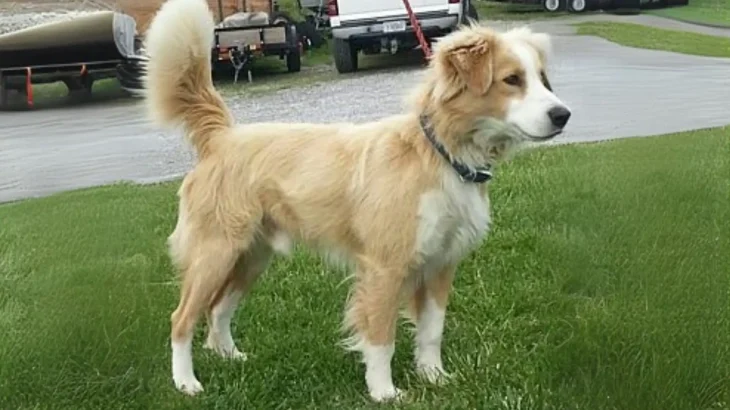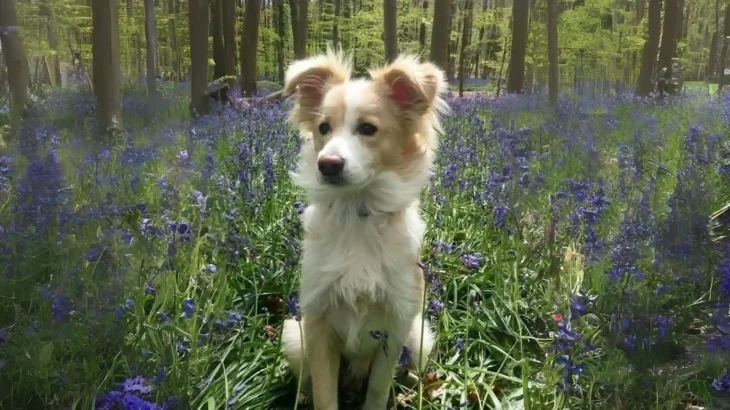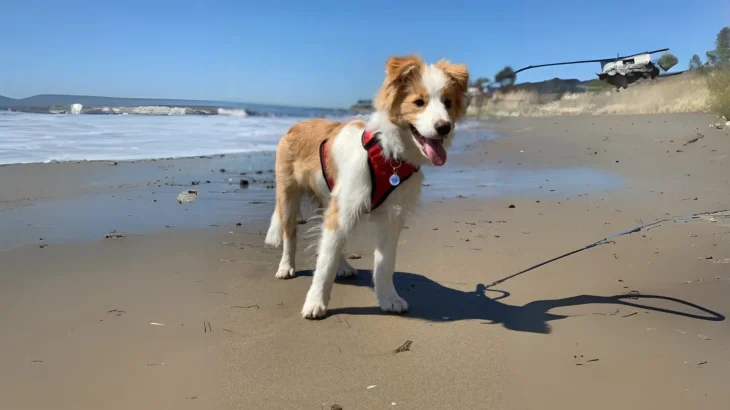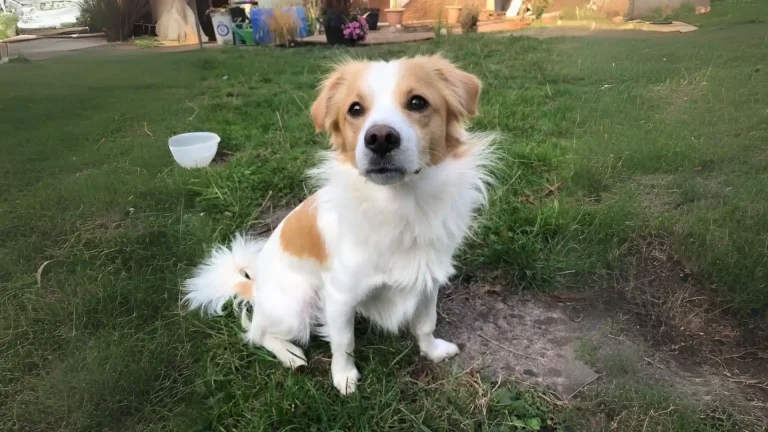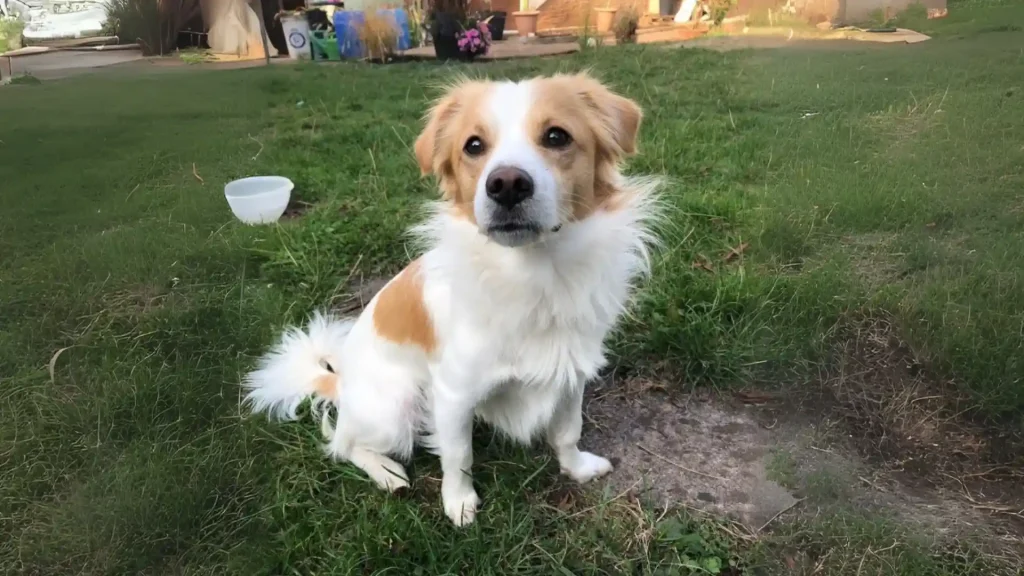Deciding whether to adopt or buy a Kokoni puppy depends on what matters most to you, such as cost, health transparency, and ethical considerations. Purchasing from a breeder usually offers clearer insights into health records and lineage, while adoption provides a chance to give a home to a dog in need, often with lower initial expenses.
| Criteria | Buying from Breeder | Adopting from Shelter/Rescue |
|---|---|---|
| Cost | Typically higher upfront costs reflecting purebred status and lineage documentation. | Generally lower fees, often covering vaccinations and initial vet care. |
| Health History | Comprehensive health and genetic screening usually provided by reputable breeders. | Health history may be limited or unknown; basic health screening typically performed. |
| Age Availability | Mainly puppies, allowing for early bonding and training. | Range of ages including puppies, adults, and seniors, offering more choice. |
| Temperament Insight | Breeders often provide insights based on the dog's lineage and parents' temperament. | Temperament observed by shelter staff, but background details might be sparse. |
| Supporting Practices | Supports selective breeding programs; choosing ethical breeders is crucial. | Supports animal welfare by rescuing dogs in need and reducing shelter populations. |
| Ethical Considerations | May contribute to sustaining breed lines but carries risk if unethical breeding is involved. | Offers a chance to save a dog's life but breed specifics and pedigree may be unknown. |

